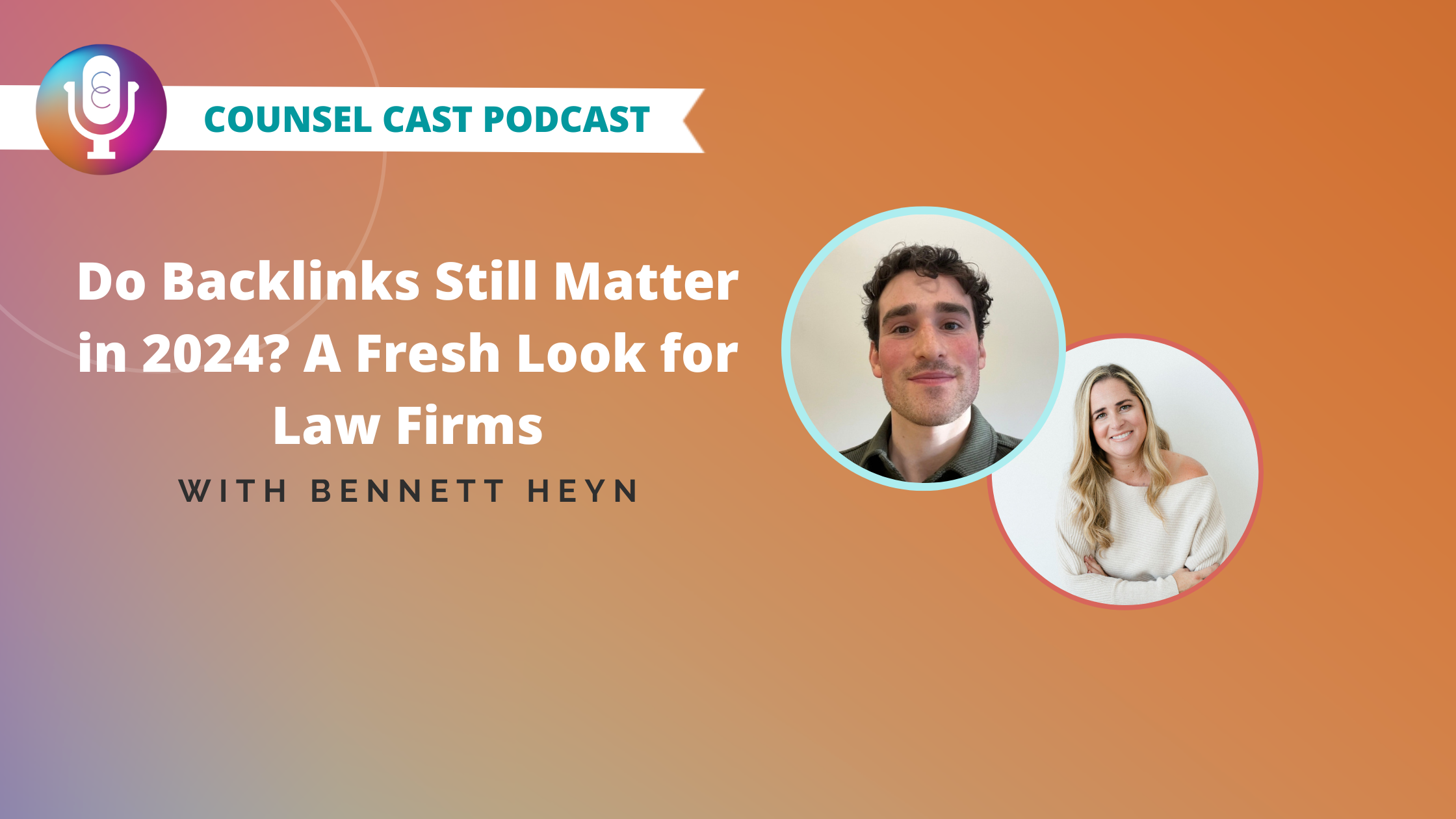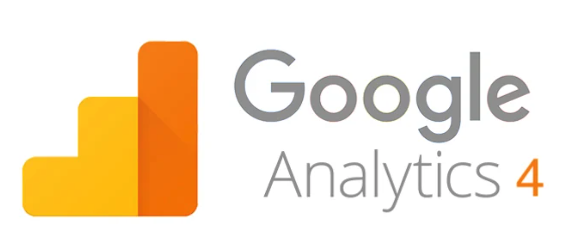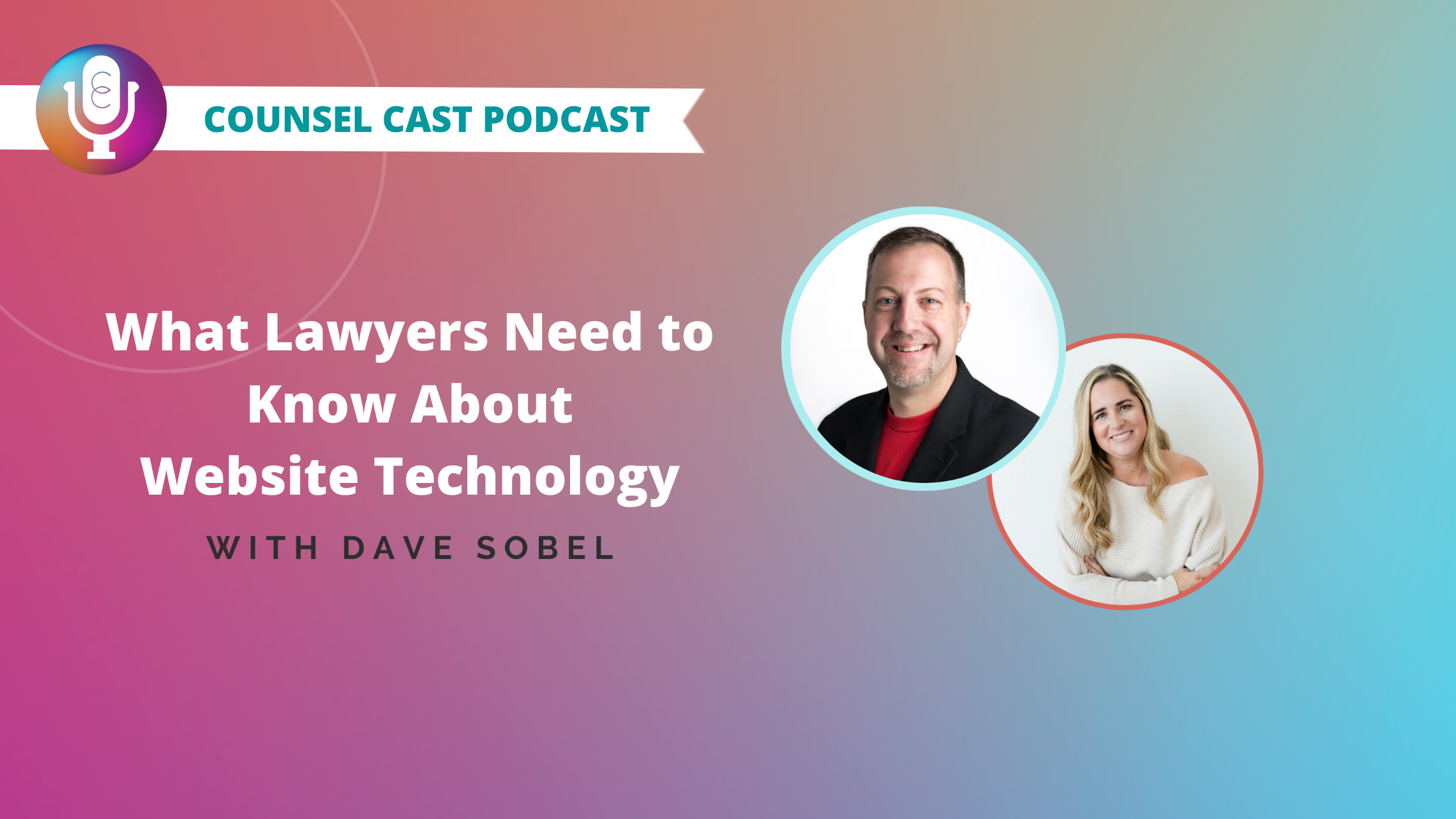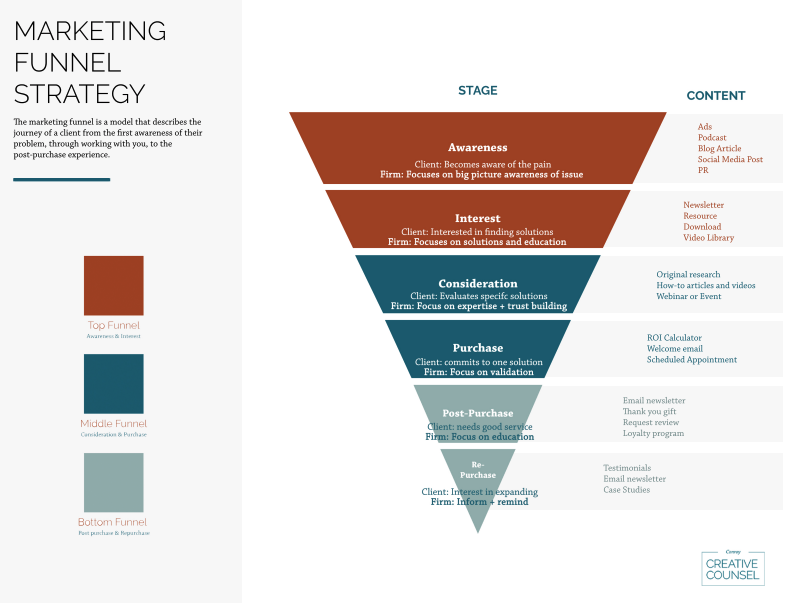In the fast-evolving world of digital marketing, social media has emerged as a potent tool for law firms to connect with their audiences. As the legal landscape becomes increasingly competitive, leveraging the right social media platforms can be the key to success.
The number of people on social media has topped 4.48 billion in 2023. With the potential to reach that many potential clients, social media offers law firms unparalleled opportunities to showcase their expertise, engage with their target audience, and build a robust online presence. However, navigating the vast array of social media platforms and selecting the ones that align with your law firm’s unique goals and audience can be overwhelming.
In this article, we will walk you through the process of identifying your target audience, guide you in choosing the most suitable social media platforms, and discuss the pros and cons of each platform. By the end of this article, you will have the knowledge to create a compelling social media strategy that will elevate your law firm’s brand, expand your client base, and position you as a reputable authority in the legal realm.
Define Your Target Audience
Before diving into the world of social media, it’s essential to understand your target audience thoroughly. Define the demographics, pain points, and interests of your potential clients.
For law firms, your target audience might consist of individuals seeking legal advice, businesses needing corporate counsel, or specific industries requiring specialized legal services. Once you clearly understand your audience, you can tailor your social media strategy accordingly.
Research Social Media Platforms
The next step is to explore different social media platforms and evaluate their strengths and weaknesses concerning your law firm’s goals and target audience. Here are some of the most prominent platforms to consider.
- LinkedIn is ideal for B2B networking, professional branding, and sharing thought leadership content. It allows you to connect with potential clients, referral sources, and industry peers.
- Facebook is one of the largest social media platforms and offers a vast user base providing access to diverse audiences, excellent for community engagement, client testimonials, and event promotion.
- Twitter provides real-time updates, which makes this platform great for breaking news, thought leadership, and engagement with influencers and journalists.
- Instagram is a visual storytelling platform ideal for showcasing your law firm’s culture, team, and community involvement.
- YouTube is an effective platform for sharing educational, legal content through video, increasing brand visibility, and building trust.
Align Platform Benefits with Firm Objectives
After researching the platforms, align the benefits of each with your law firm’s specific objectives. For instance:
- If your law firm focuses on corporate law and targets business clients, LinkedIn and Twitter might be more suitable due to their professional nature.
- For personal injury or family law practices targeting individuals, Facebook and Instagram could provide opportunities to connect with potential clients on a more personal level.
- If your law firm excels in delivering educational content, YouTube can be an excellent channel to showcase your expertise.
Compare Pros and Cons
To make an informed decision, consider the pros and cons of each platform in relation to your firm’s resources and capabilities.
Pros and Cons of LinkedIn for Your Law Firm
Pros of LinkedIn
- Professional networking
- Access to business-oriented audiences
- Provides the potential for lead generation
Cons of LinkedIn
- Limited reach to the general public
- Requires consistent content creation
Pros and Cons of Facebook for Your Law Firm
Pros of Facebook
- Large user base
- Targeted advertising options
- The ability to engage with potential clients directly
Cons of Facebook
- Organic reach has diminished over the years
- Algorithms favor paid advertising
- Engagement with followers is essential
Pros and Cons of Twitter for Your Law Firm
Pros of Twitter
- Real-time updates
- Engagement with influencers and journalists
- Trending topics
Cons of Twitter
- Limited characters per tweet
- The fast-paced environment may not suit all legal topics or in-depth legal discussions.
Pros and Cons of Instagram for Your Law Firm
Pros of Instagram
- Visual appeal
- Strong brand storytelling potential
- Engagement with younger demographics
Cons of Instagram
- Limited opportunities for direct lead generation
- The potential time commitment for content creation
- May not be the best fit for law firms focused on corporate clientele
Pros and Cons of YouTube for Your Law Firm
Pros of YouTube
- Educational content showcase
- The potential for evergreen video content
- Wide audience reach
Cons of YouTube
- Requires significant investment in video production
- It may not cater to all legal practice areas
Unlock the Potential of Your Law Firm’s Social Media Platform: Partner with Conroy Creative Counsel
Choosing the right social media platforms for your law firm requires careful consideration of your target audience, business objectives, and available resources. By considering this information, you can make informed decisions that will help your law firm thrive in the digital landscape.
Conroy Creative Counsel can help you maintain a strong and consistent presence on social media to help build brand awareness, establish credibility, and, ultimately, attract new clients to your law firm. Not only can we help you set up your law firm on major social media platforms, but our team will also craft detailed social media campaigns to strategize the types of posts you will share and how you can best engage with your audience.
The best part, we stay on top of your social media channels, so you don’t have to! Are you ready to get social with your audience? Contact us today, and let’s talk about your firm!











